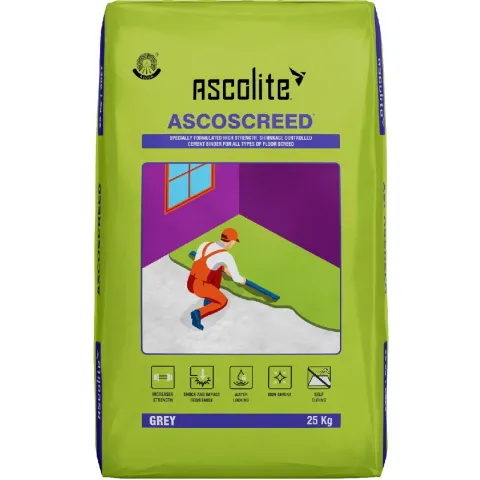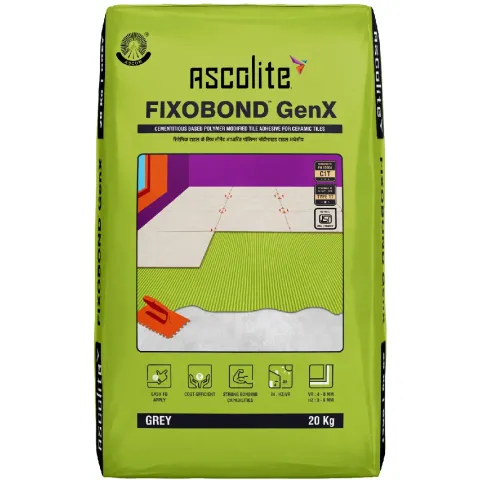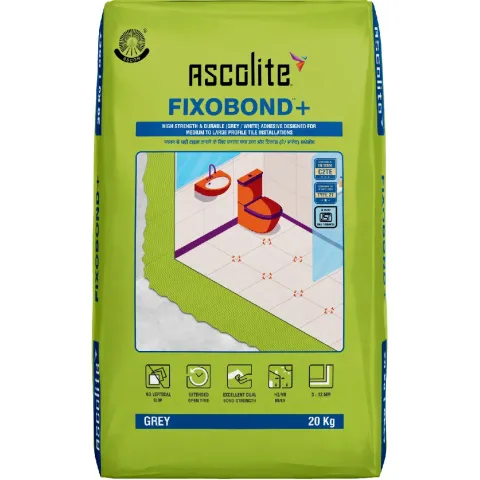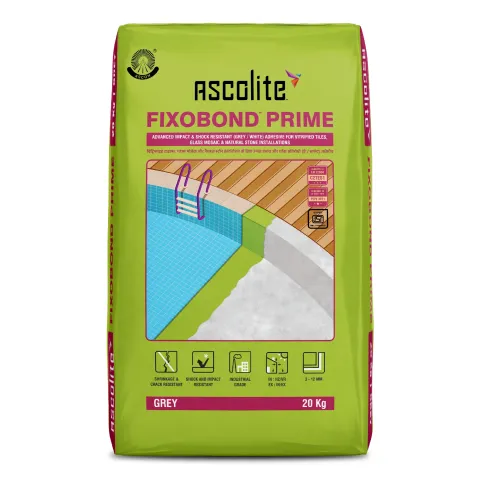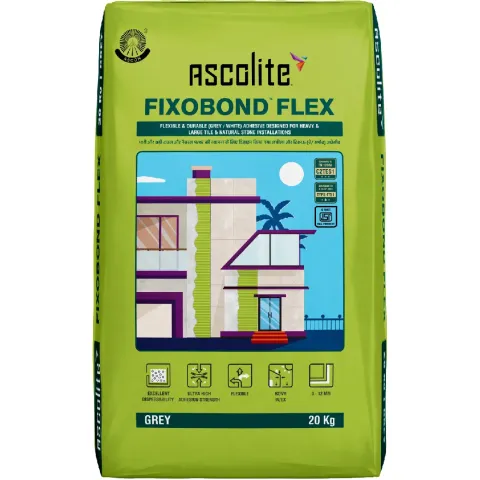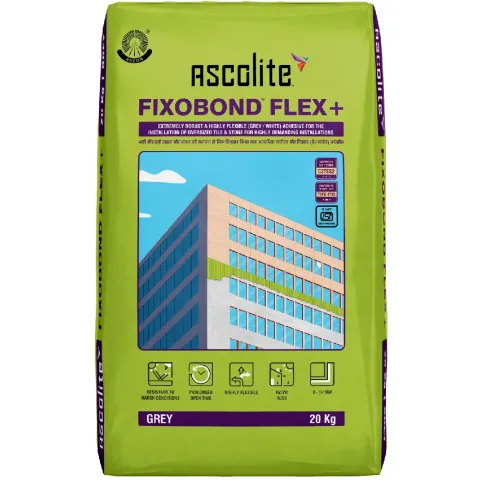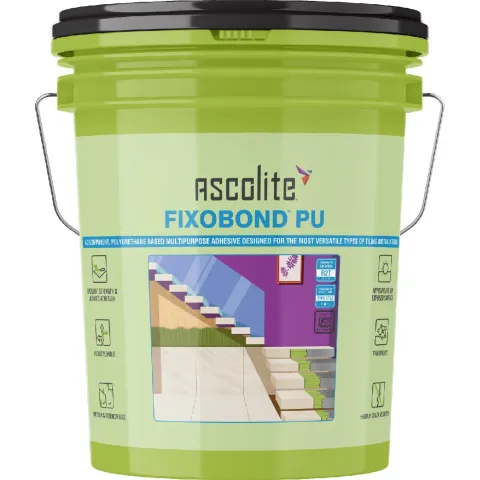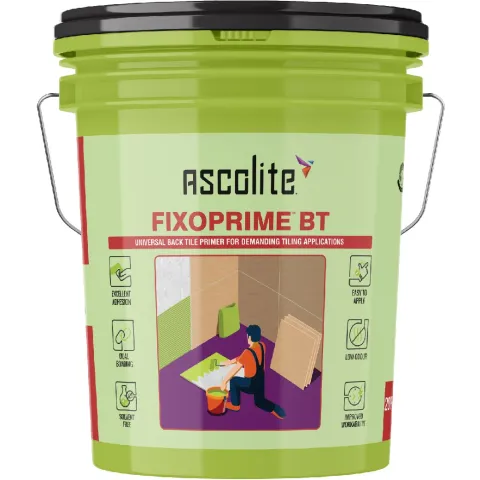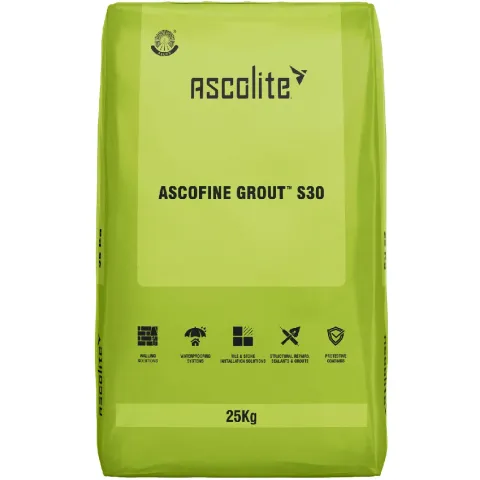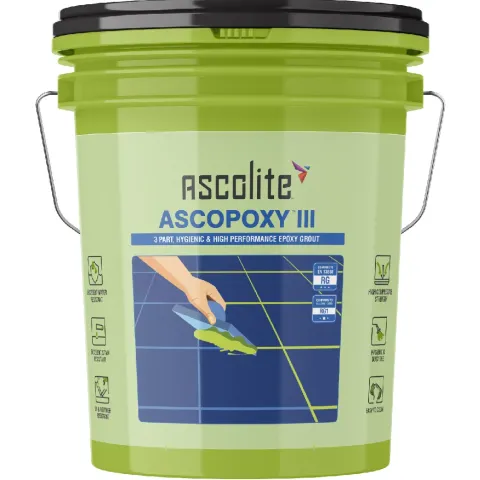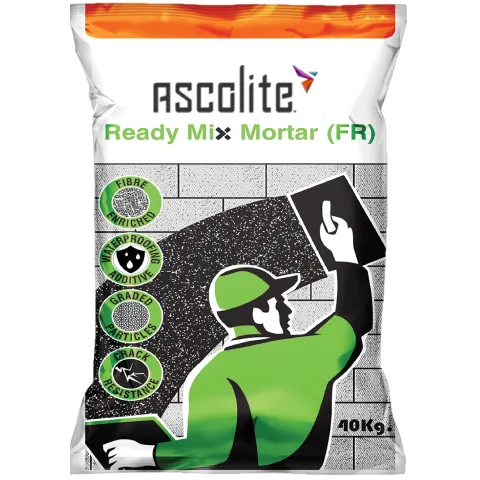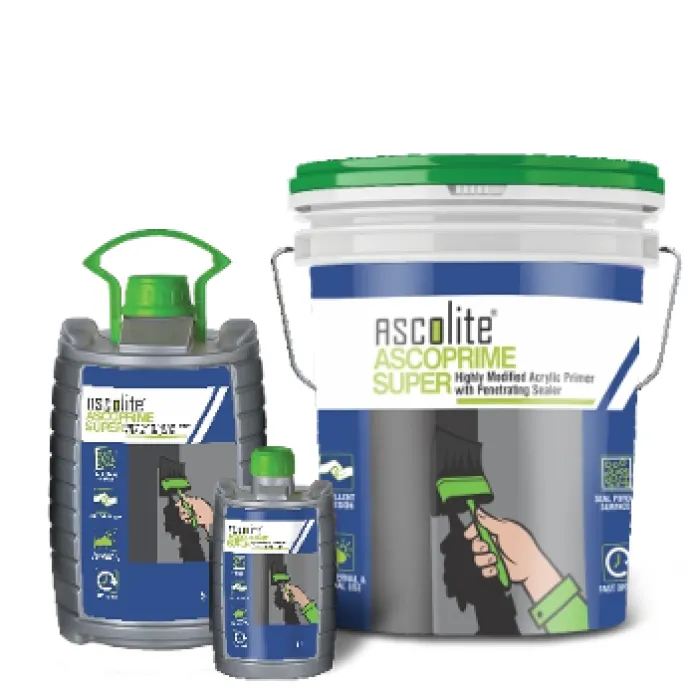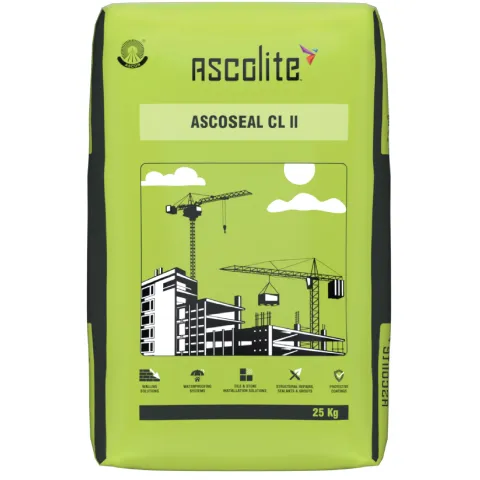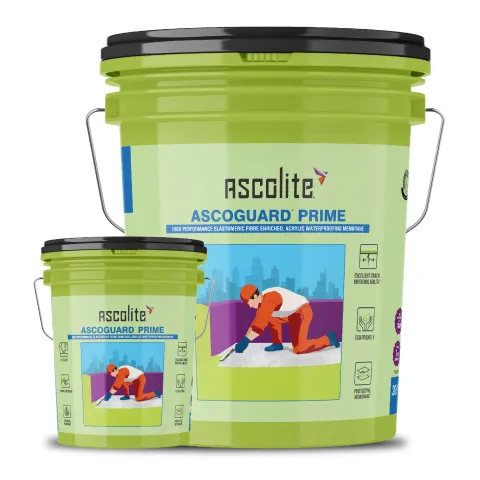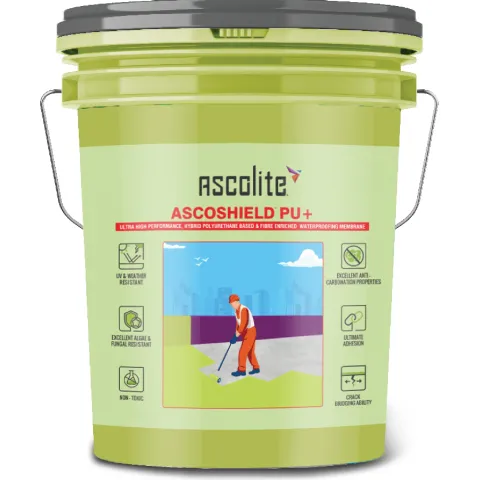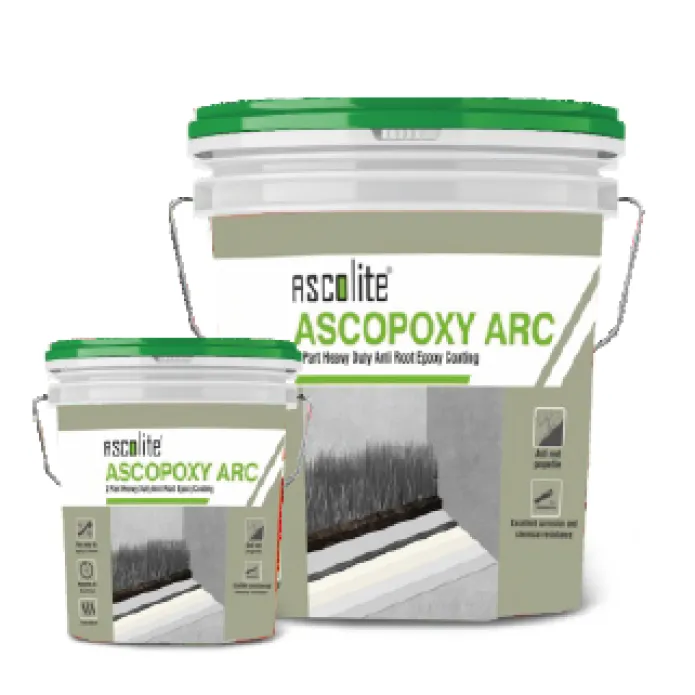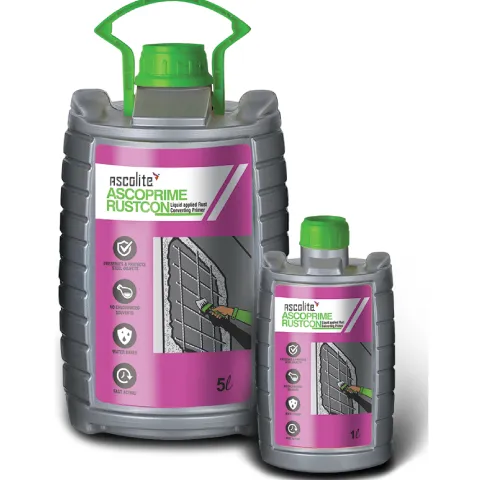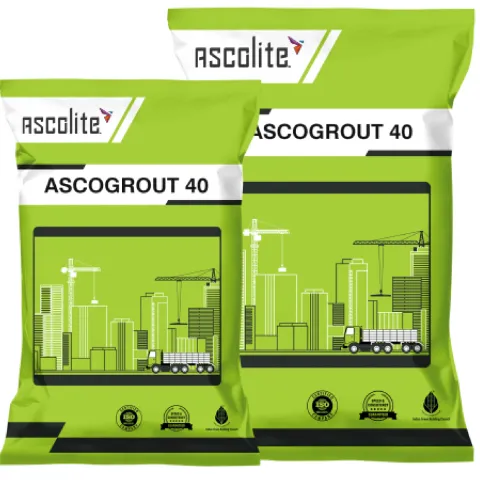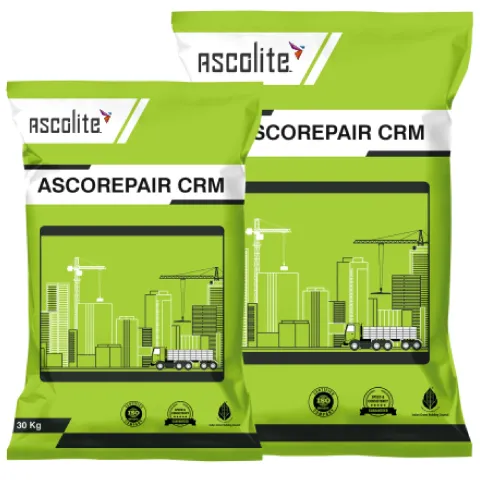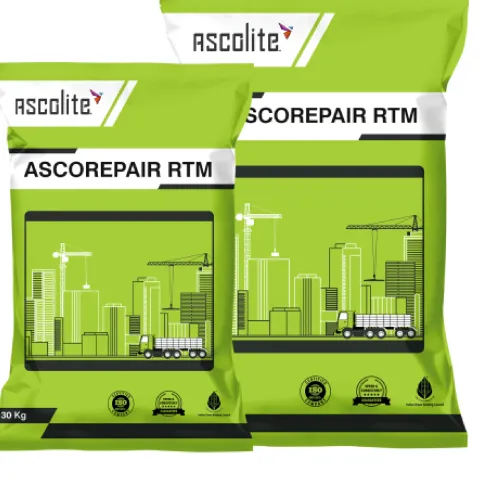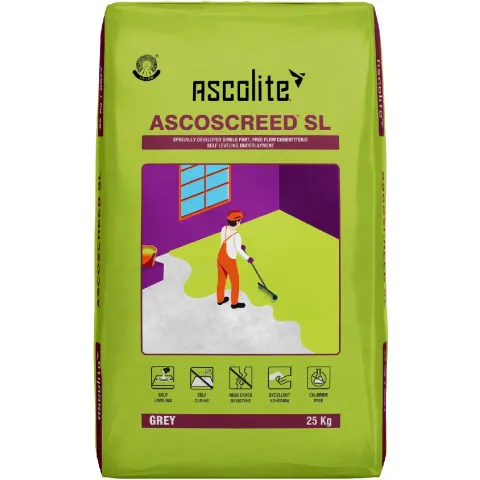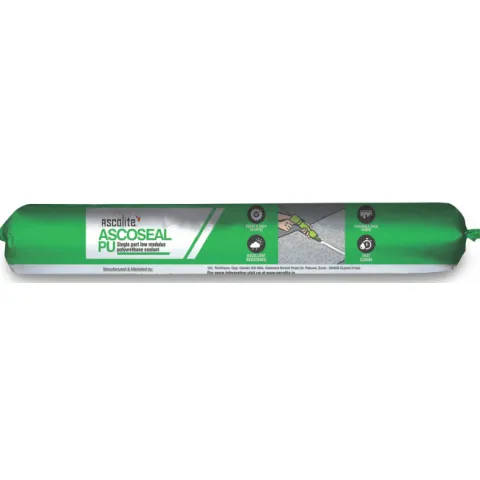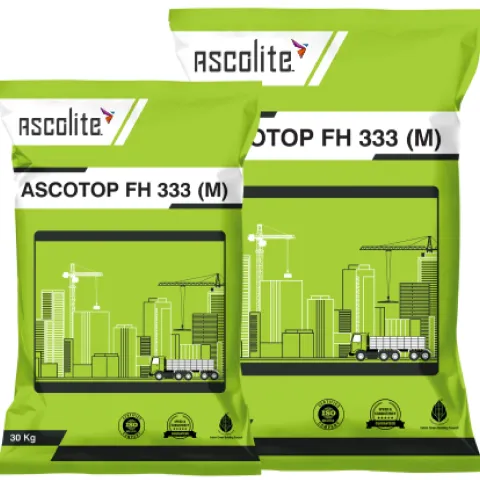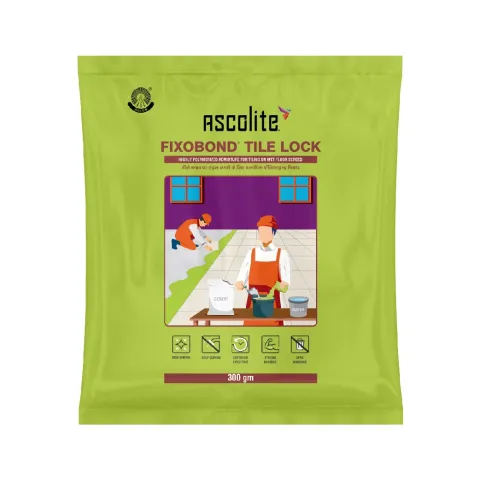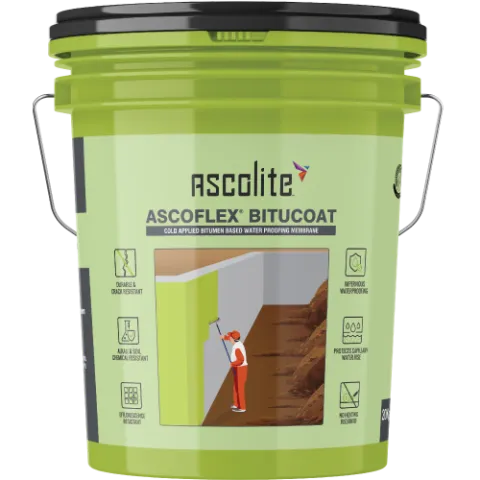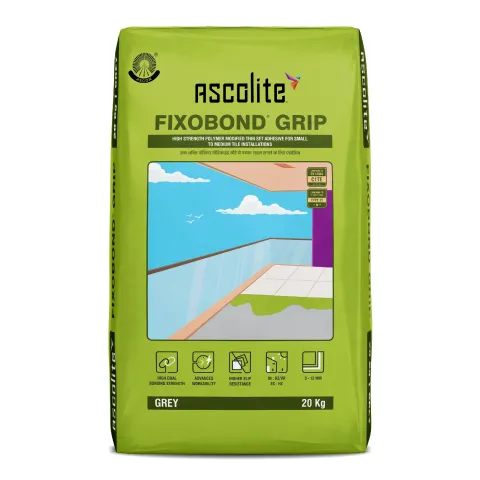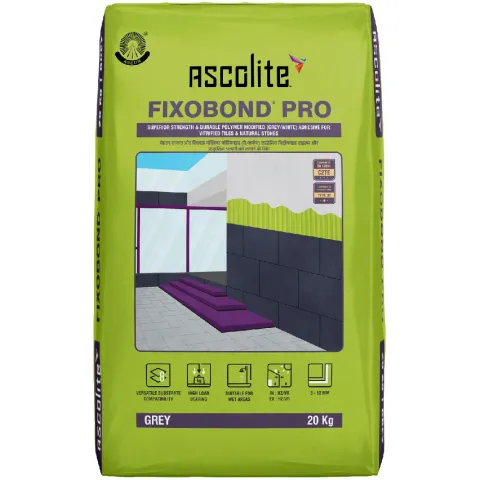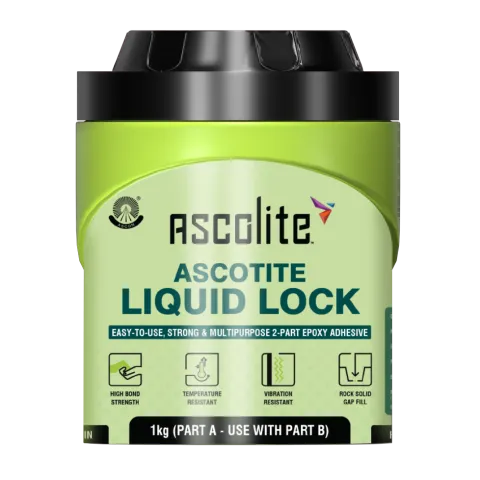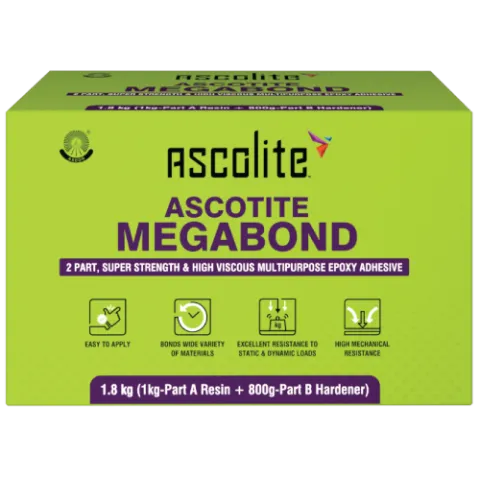
Here are key factors to consider when selecting the ideal tile adhesive
September 9, 2024
Choosing the right tile adhesive is crucial for the success of any tiling project, as it ensures the durability, strength, and longevity of the installation :
Type of Tiles
- Porcelain and Ceramic Tiles: These tiles typically require a cement-based adhesive for proper bonding. Porcelain, being denser and less porous than ceramic, may need a stronger adhesive with better bonding capabilities.
- Natural Stone Tiles: Marble, granite, and other natural stones need specialized adhesives that can handle their weight and composition without staining or discoloring the tiles.
Surface/Substrate Type
- Concrete and Cement Floors: Standard cement-based adhesives are suitable for these surfaces, as they offer strong bonding and quick setting.
- Drywall or Plywood: Lightweight and flexible adhesives are preferred when applying tiles to drywall or wood to avoid cracks or shifting over time.
- Vitrified or Glass Tiles: These tiles are non-porous and may require epoxy or polymer-modified adhesives for better adhesion.
Location of Installation
- Indoor vs. Outdoor Use: For outdoor projects, choose a weather-resistant adhesive that can withstand temperature fluctuations and moisture. For indoor applications like bathrooms and kitchens, opt for water-resistant or flexible adhesives to handle humidity.
- Floor vs. Wall Installation: Floor tiles endure heavy foot traffic, so adhesives with high compressive strength are essential. Wall tiles, on the other hand, benefit from lightweight, quick-setting adhesives that prevent sagging.
Working Conditions
- Fast-Setting Adhesives: Ideal for projects that need quick completion, as they allow grouting within a few hours of application.
- Slow-Setting Adhesives: These are better for large areas or intricate designs that require time for adjustments.
Flexibility and Movement
- High Traffic Areas: In areas subject to frequent movement or vibration, such as commercial spaces, use a flexible adhesive that can accommodate shifts without cracking or detaching.
- Thermal Expansion: For installations in areas exposed to varying temperatures, a flexible adhesive that can expand and contract with the substrate is recommended.
Moisture Resistance
- Wet Areas: Bathrooms, swimming pools, and outdoor patios require adhesives that are highly resistant to water to prevent loosening of tiles.
Adhesive Type
- Cement-Based Adhesives: Ideal for most tiling projects, they provide a strong bond and are available in both standard and quick-setting varieties.
- Epoxy Adhesives: Best for non-porous surfaces and high-stress environments, offering superior bonding and water resistance.
- Polymer-Modified Adhesives: These offer greater flexibility and adhesion strength, perfect for challenging substrates and large tiles.
By assessing the type of tiles, surface, location, and specific project requirements, you can select the appropriate adhesive that ensures a long-lasting, professional finish for your tiling project.
Ascolite tile adhesive offers numerous advantages, making it a reliable choice for both residential and commercial tiling projects. Its high bonding strength ensures secure adhesion of various tile types, including ceramic, vitrified, and natural stone, to different substrates such as concrete, drywall, and plywood. The adhesive’s water-resistant properties make it ideal for wet areas like bathrooms and kitchens, preventing tiles from loosening due to moisture exposure. Additionally, Ascolite tile adhesive provides flexibility, accommodating slight shifts in the substrate without causing cracks or detachment, which is especially important in high-traffic or outdoor areas. Its fast-setting formula allows for quicker project completion, reducing waiting times for grouting and ensuring a durable, long-lasting finish. Overall, Ascolite tile adhesive combines strength, versatility, and ease of use, making it a dependable solution for any tiling application.
